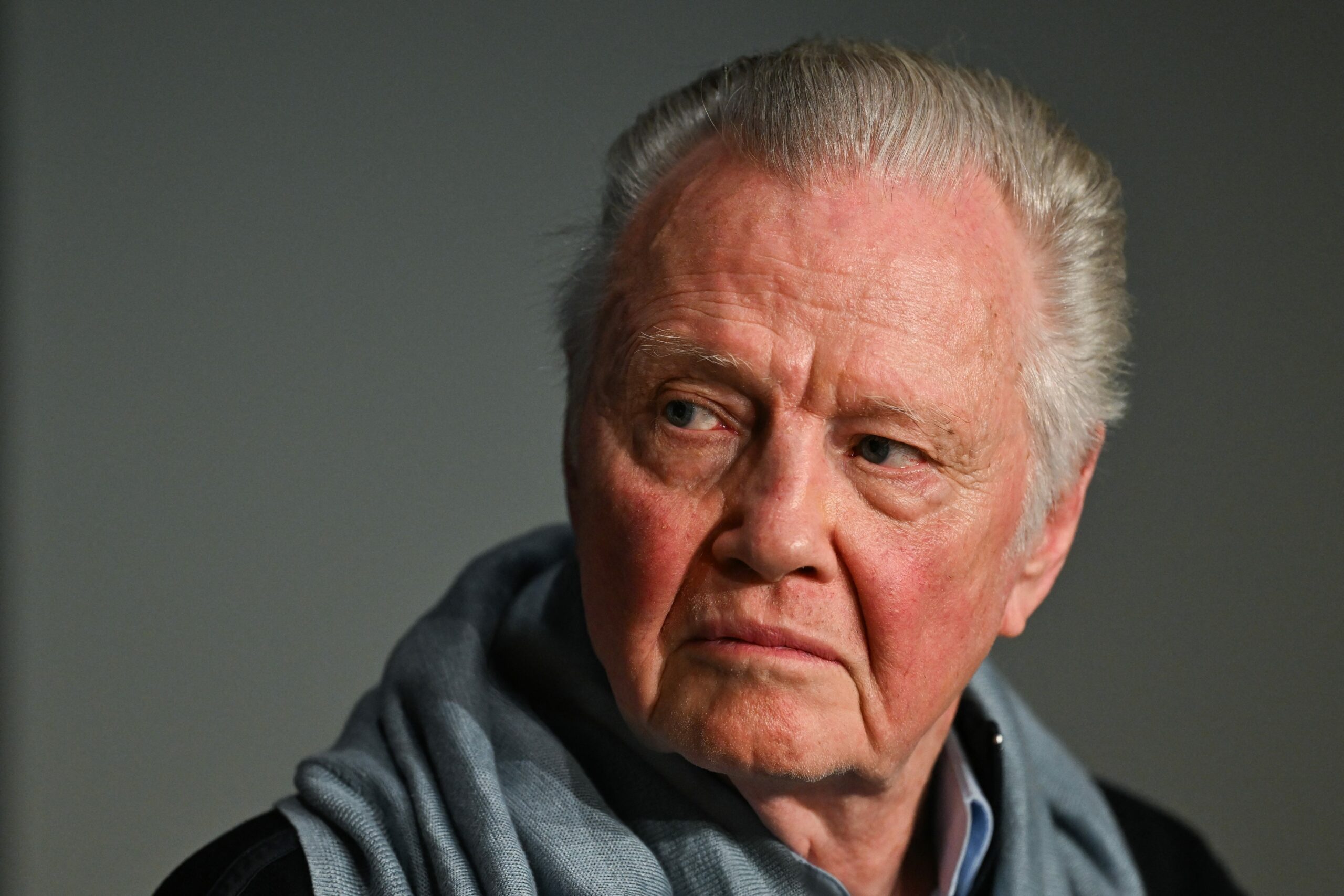In recent times, the discourse surrounding political figures has intensified, and few voices have been as articulate and provocative as that of Jon Voight. The Oscar-winning actor, known for his compelling performances, has recently taken a strong stance against former President Barack Obama, criticizing his policies and ideological direction. This article delves into the nature of Voight’s criticisms, the context of his statements, and the broader implications for the political landscape.
Voight’s remarks stem largely from what he perceives as a detrimental impact of Obama’s administration on American values and global standing. His assertions are not merely anecdotal; they are rooted in a deep-seated belief that Obama’s approaches to foreign policy, healthcare, and economic reform undermine the foundational principles of the nation. Voight has articulated that the decisions made during the Obama years have led to a decline in American prestige and influence, particularly on the international stage.
One of the prominent themes in Voight’s critiques is the assertion that Obama’s foreign policy is marked by a lack of decisive action. The actor argues that Obama’s hesitancy in responding to global threats—such as terrorism—has emboldened adversaries and jeopardized national security. Voight maintains that this caution is at odds with the assertive leadership required to navigate the complexities of modern geopolitics. Through various media appearances and social media platforms, Voight has emphasized the necessity for an unwavering commitment to protect American interests worldwide.
Moreover, Voight’s anguished reflections on America’s internal challenges—including race relations and economic disparity—are particularly noteworthy. He posits that Obama’s tenure, rather than healing societal divides, exacerbated them through divisive rhetoric and policies that, in his view, widened gaps rather than bridging them. Voight challenges readers to consider whether the solutions proposed during Obama’s administration were genuinely effective or merely placatory gestures that failed to address root issues.
The actor’s critiques have, inevitably, ignited spirited conversations among both supporters and opponents. Some laud Voight for his courage to speak his mind, while others contend that he oversimplifies complex issues. However, what cannot be denied is the impact that such high-profile commentary can wield in shaping public opinion.
In conclusion, Jon Voight’s denunciation of Barack Obama transcends mere celebrity gossip and taps into a critical examination of American policy and ideology. Voight’s passionate rhetoric serves as an invitation for deeper reflection on the path the nation has taken and the leadership styles that resonate with its citizens. As the political landscape continues to evolve, voices like Voight’s contribute to the ongoing debate on what America stands for and where it is headed.
